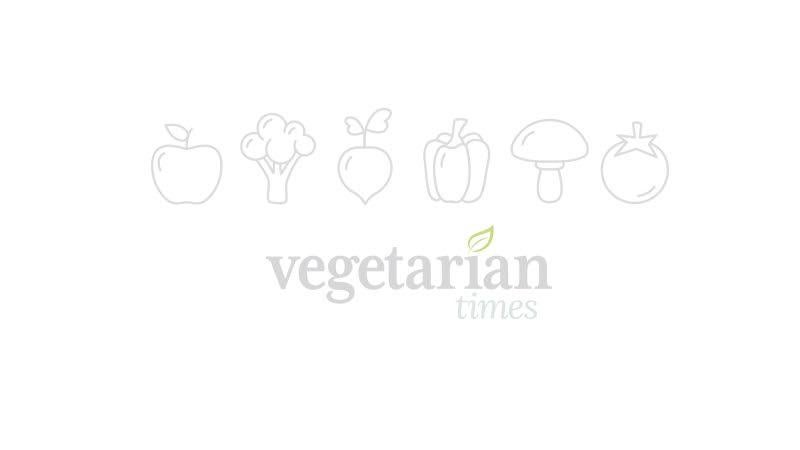Does Eating Vegetables Keep You Thin?

Although there is still much work to be done, the data are coming in: Vegetarians are significantly slimmer than meat eaters. On average, vegetarian men weigh nearly 17 pounds less and vegetarian women 7 pounds less than nonvegetarians, according to a major analysis of multiple studies by Joan Sabaté, MD, chair of the department of nutrition at Loma Linda University in California and editor of the book Vegetarian Nutrition. And vegans are the sleekest of all, according to a recent British study of 38,000 meat eaters, fish eaters, vegetarians and vegans. The research, published in June 2003 in the International Journal of Obesity, found that vegans have significantly lower body mass indexes (BMIs)—a measure of weight relative to height—than meat eaters; fish eaters and vegetarians fall somewhere in between.
Interestingly, scientists don’t know precisely why vegetarians are leaner. “But one reason is definitely diet,” says Sabaté. The British researchers found that the food factors most strongly associated with gaining weight were high protein and low fiber intakes. By contrast, vegetarian diets are generally high in fiber and complex carbohydrates, not in protein.
Vegetarians also tend to drink less alcohol, exercise more and have other healthful habits that help keep the pounds off, Sabaté adds.
Still, simply eating a great deal of vegetables, whether you’re a vegetarian or not, seems to prevent an expanding waistline. When American Cancer Society researchers tracked nearly 80,000 healthy adults for 10 years, they found that men and women who ate 19 or more servings of vegetables per week did not “succumb to abdominal obesity”—that is, they didn’t develop spare tires—while those who ate meat more than seven times a week did. The study, published in the May 1997 issue of the American Journal of Public Health, emphasized the hazards of piling on fat around the waist, or developing what’s known as an “apple” shape: It’s linked to heart disease, diabetes and certain cancers.
THE INVISIBLE PLATE
If you’ve got the advantage of being a vegetarian and you’re still struggling with encroaching pounds, it’s time to take a hard look at your plate.
In fact, start by being sure you can see your plate. In this era of super-sized portions, it can easily disappear. For instance, a typical restaurant portion of brown rice can be 21/2 cups—four times larger than the healthful 1/2 cup, 100-calorie serving that’s the recommended amount. What’s covering your plate? Five servings and 500 calories.
To help you “right size” common vegetarian foods, Tara Geise, RD, of the American Dietetic Association, suggests you visualize the everyday equivalents in the chart below. “Also, just because it’s meatless, don’t assume it’s low-calorie,” adds Geise, director of nutrition and metabolism at Rippe Health Assessment at Florida Hospital in Celebration. For example, everyone assumes that eggplant is always a healthy food.
“But if you sauté it to make eggplant parmesan, you’ve suddenly got a high-calorie dish because eggplant hangs on to oil like crazy,” Geise says. How high? One cup of eggplant parmesan serves up 319 calories—versus just 30 calories for a cup of plain eggplant.
If cutting down on portions doesn’t seem like enough, or you want to jump-start your weight-loss efforts and think a structured plan would help, Weight Watchers’ TurnAround program provides special sections for vegetarians and vegans. As for extreme low-carb diets, they’re still around but are hard to stick to—as are all extreme diets—and they’re tricky to pull off for vegetarians, especially vegans. Besides, their effects may not be worth it. Very low-carb eating can produce a dramatic initial weight loss, but after a while, people hit a plateau, says Sabaté. A higher-carb diet takes off weight more slowly but just as surely and is easier to live with.
“I believe that in a few years, we’ll find that—depending on lifestyle, personality or genes—one type of diet works better for one person and another for a different person,” says Sabaté. Meanwhile, vegetarian eating already gives you an edge. Take advantage.